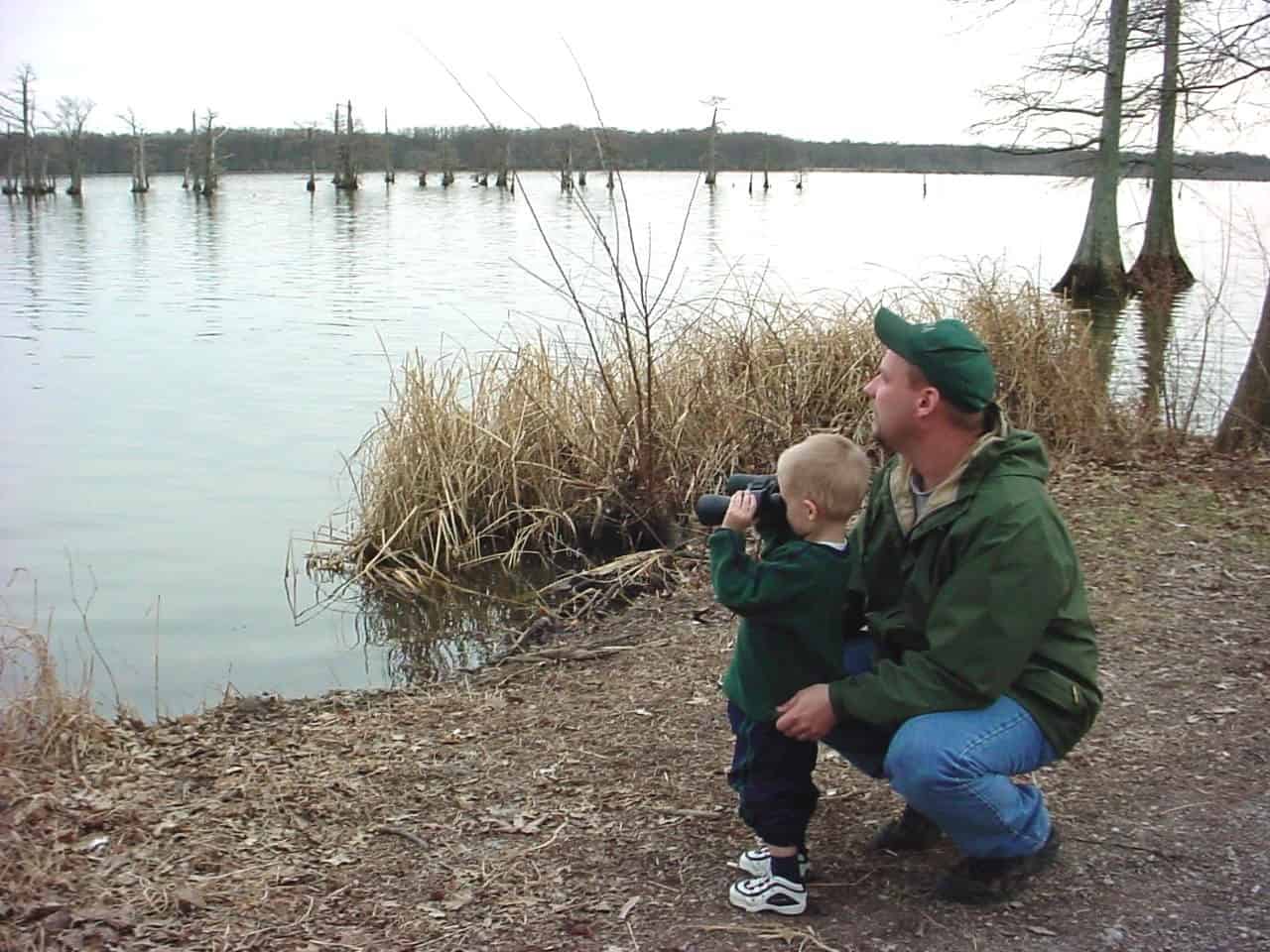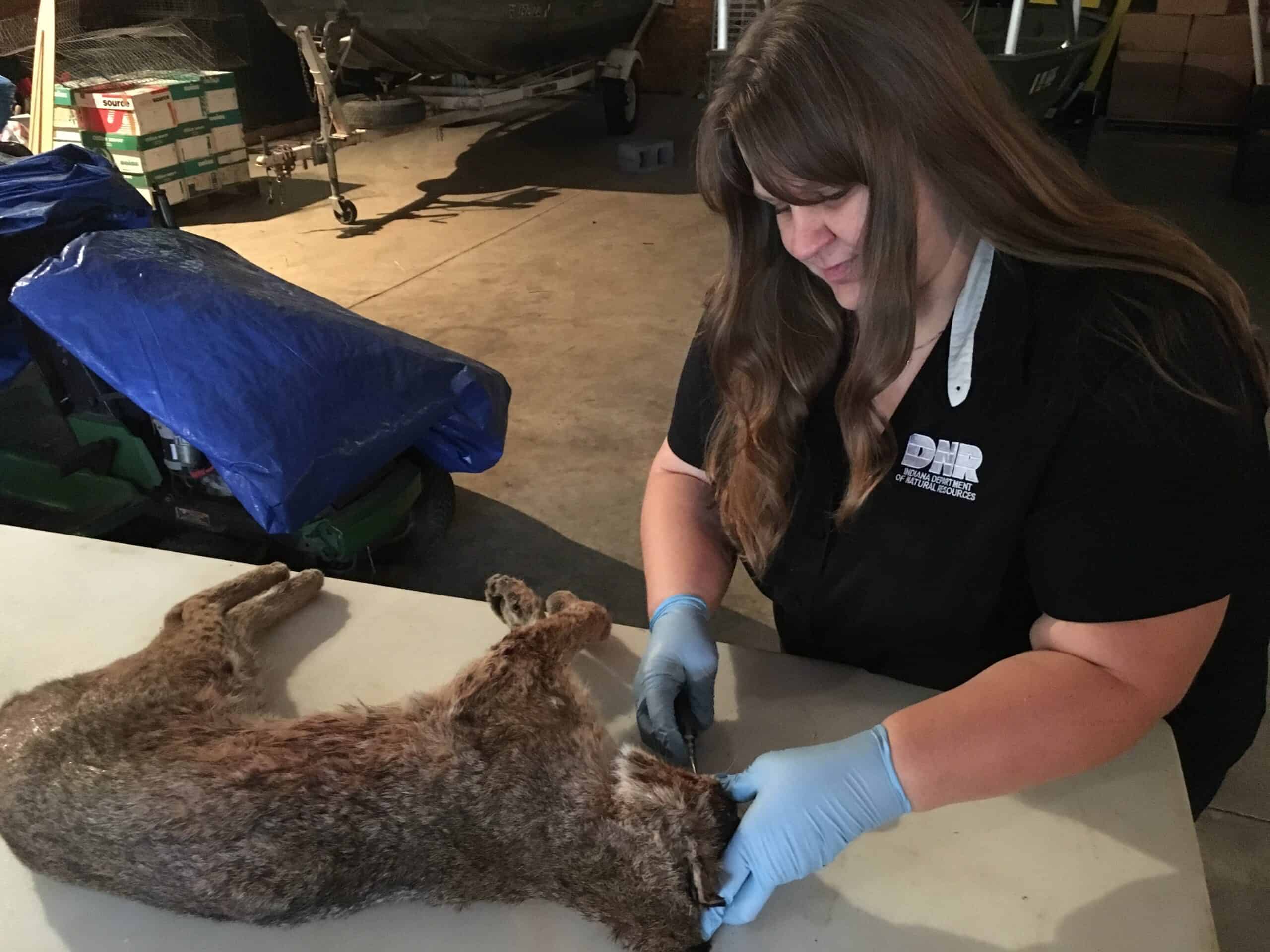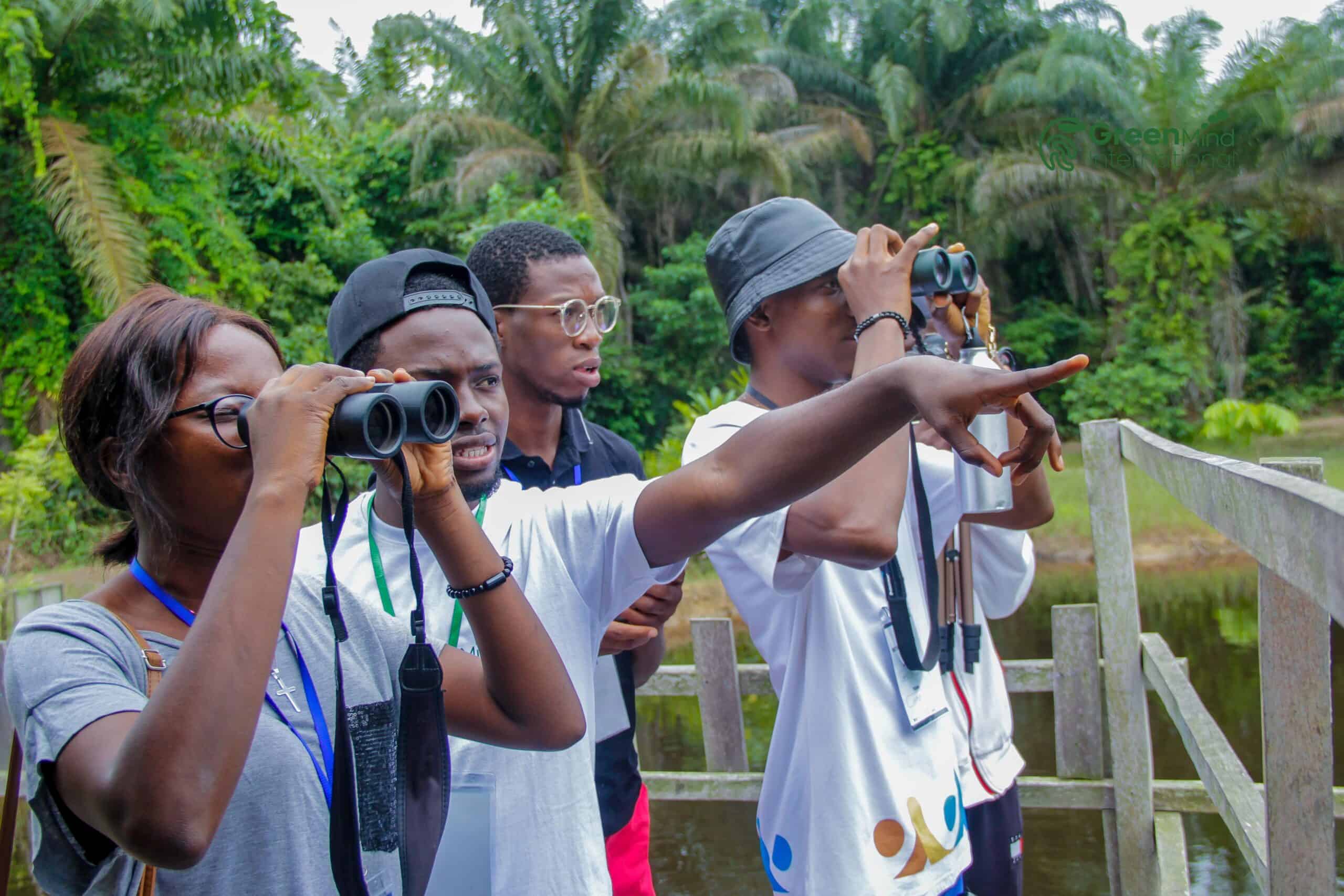Share this article
Wildlife Vocalizations: Daryl Ratajczak
Ratajczak reminisces on the value of hearing new perspectives and remaining open to change
Wildlife Vocalizations is a collection of short personal perspectives from people in the field of wildlife sciences.
At one point in my career, I was attending a professional wildlife gathering, and as is typical of many conferences, the invited speakers and the more vociferous attendees were garnering most of the attention. At that time, I was amongst many of my peers and I felt like I fit in. In other words, I was part of the “in” crowd. Within that same room, however, huddled a healthy but scattered mass of students and young professionals either too shy or too socially awkward to attempt to assimilate. Sadly, there were only feeble attempts on our part (the professionals), to reach out and truly engage any of them, and the attempts that were made often only consisted of small talk and trivial banter. “Where are you attending?” and “What’s your major?” was repeated ad nauseum throughout the room, but deeper discussion rarely followed. The prevailing sentiment toward the younger, less experienced biologists was that they probably didn’t have much to offer, and it would serve them best if they simply learned from “us,” the more tenured folks. I could not have been more wrong.
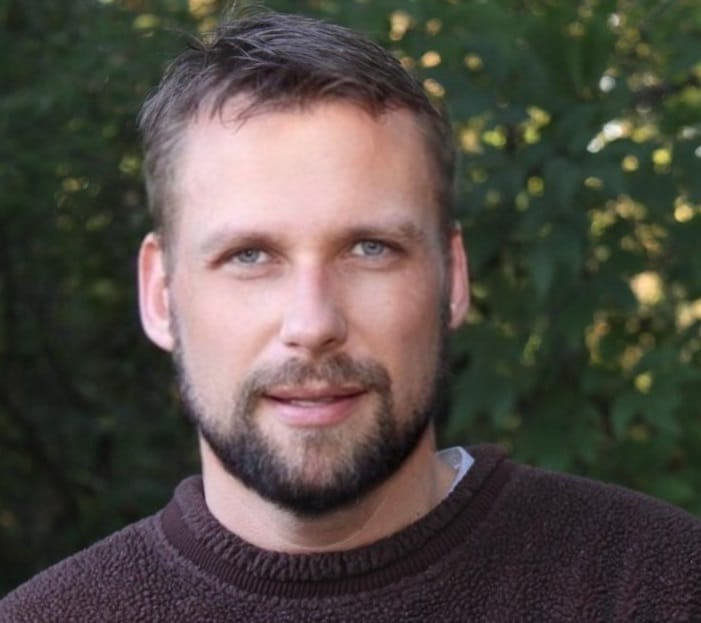
It started with a student that looked a bit out of place. One that appeared to be wrestling with the idea that “maybe I shouldn’t be here” or “I really don’t fit in.” So I engaged them in conversation. This time, however, I went far beyond the surface and took a deep dive into their world attempting to understand their viewpoints on a few topics that, to be honest, I felt fairly confident in. After all, in many folks eyes, I was the so-called “expert.” What soon followed was not only a conversation that would challenge me, since their thoughts were not typical “agency” thoughts. But their ideas would truly inspire me and eventually lead to a total conversion of my personal thought processes. Previously, I had only engaged people that had a strong likelihood of sharing my beliefs and values. This ultimately led to some pretty stale thoughts and, as you can imagine, little change. If there is anything in this world that requires constant change, it’s the management of our wildlife resources. Habitats change, wildlife populations change, climate changes, people’s perceptions of wildlife change. Almost everything in our field is in a constant state of flux. Therefore, diversifying our thought processes by diversifying the people we engage with is the best and most effective way to tackle emerging wildlife issues. It then dawned on me that looking toward others who often don’t share my beliefs or who I would not typically engage with simply because they come from different backgrounds is oftentimes far more valuable to me than simply sticking with the “in” crowd. And because of one initial conversation with one insanely bright and intelligent student, I have grown tremendously in all aspects of my life … and for that, I am truly thankful.
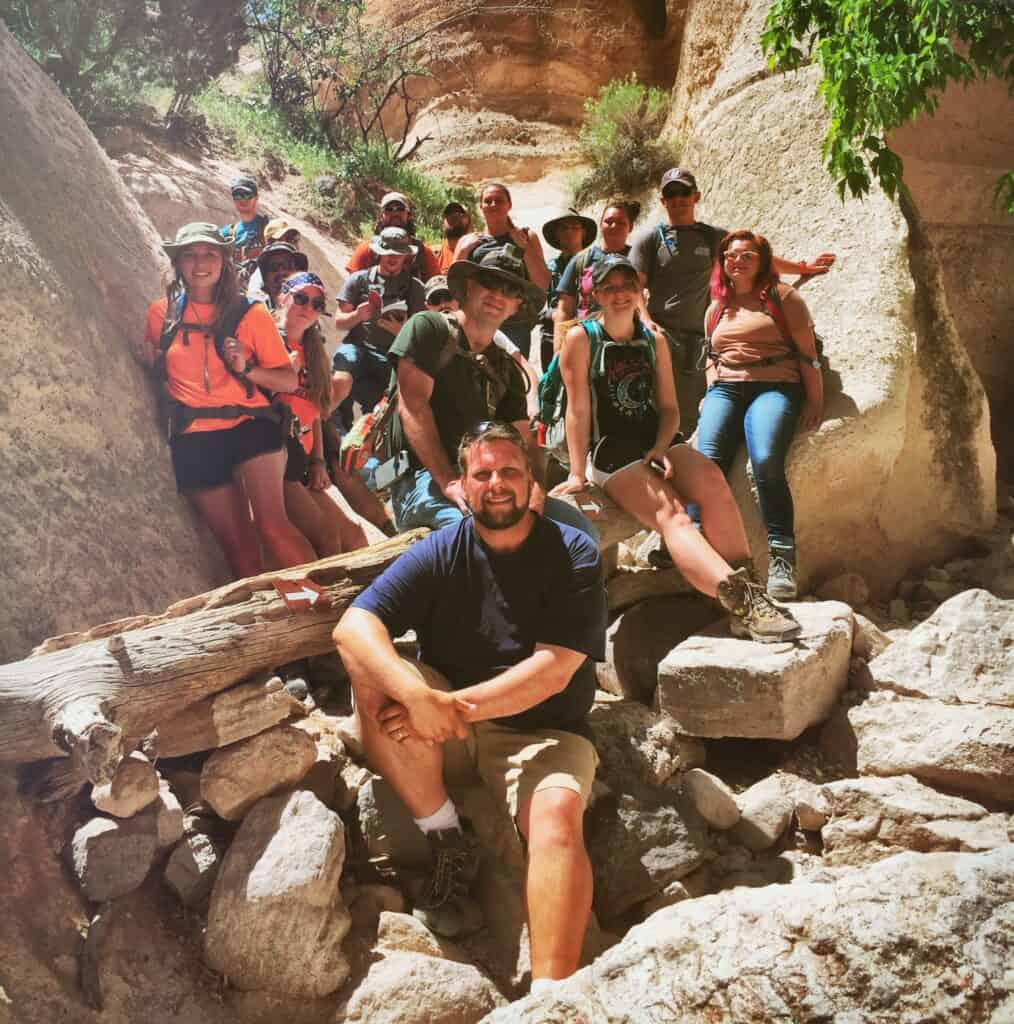
Learn more about Wildlife Vocalizations, and read other contributions.
Submit your story for Wildlife Vocalizations or nominate your peers and colleagues to encourage them to share their story.
Header Image: Daryl Ratajczak and his son Jarret glass for waterfowl on Reelfoot Lake in Northwestern Tennessee. Credit: Courtesy of Daryl Ratajczak



